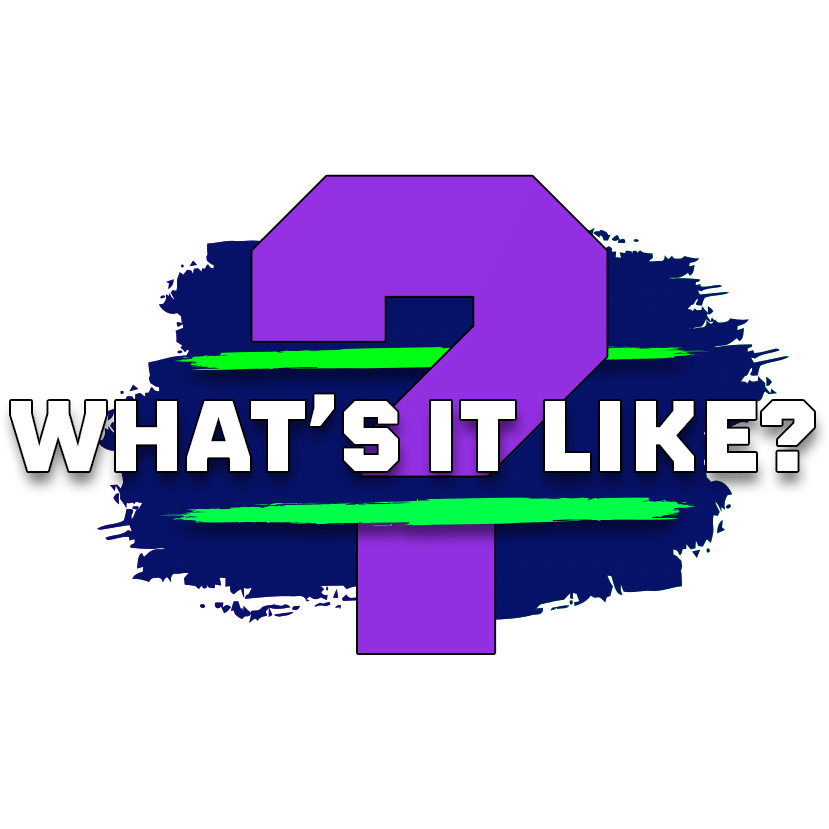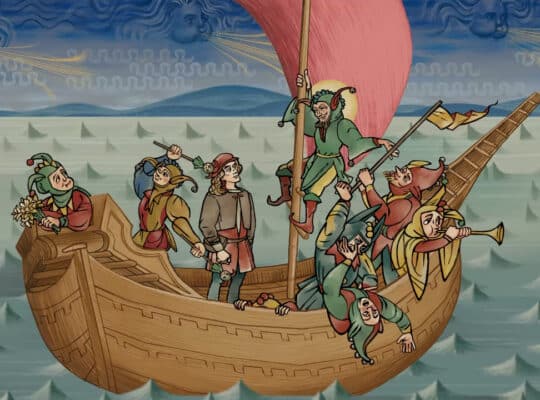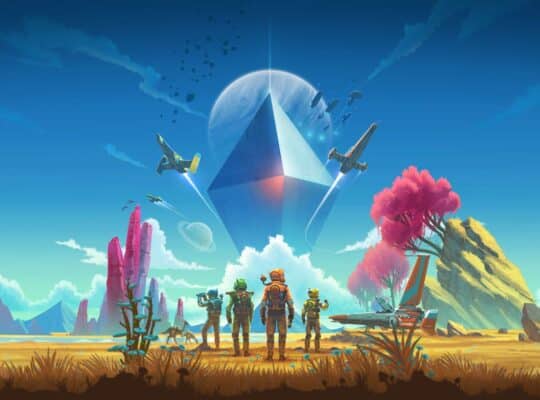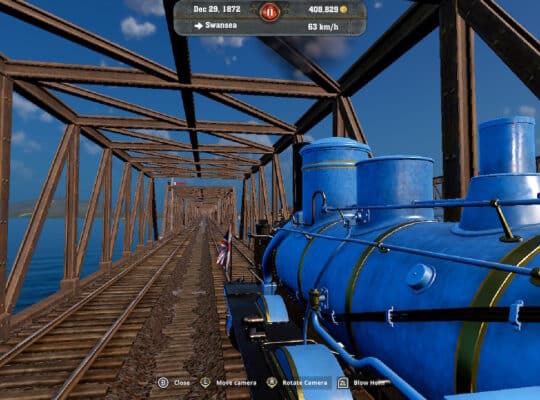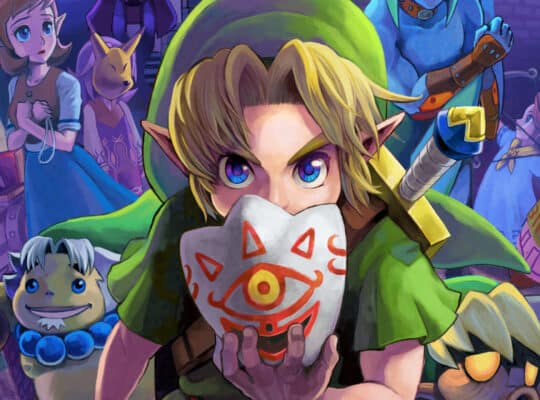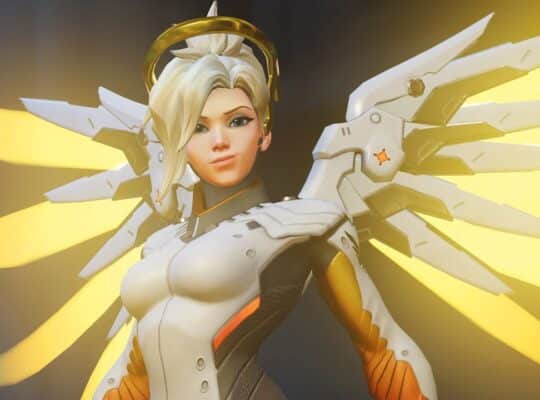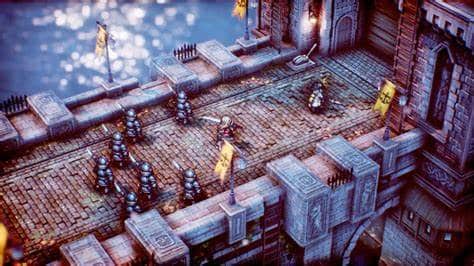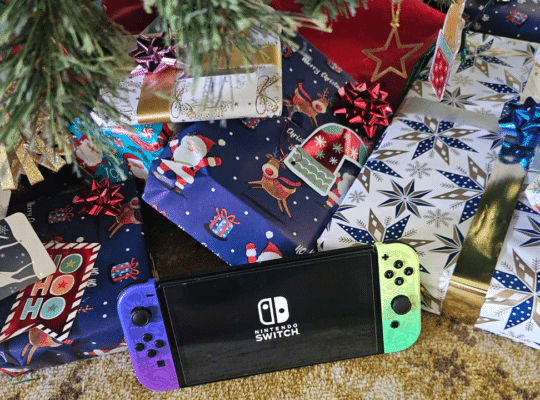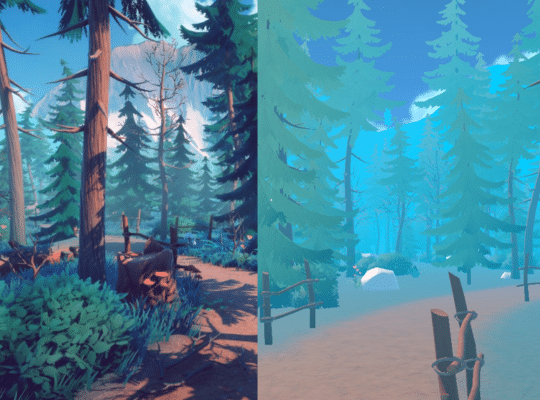This article may contain trigger points about suicide and depression. Reader discretion is advised. If you need to talk to someone, a list of organisations that can help is at the bottom of this article.
Remember, help is available and you matter.
Can Gaming be therapy?
This week is Mental Health Awareness week so I wanted to update this article and the journey I’ve been on since writing it. I know, I know, I hate saying journey as it’s such a trope these days, but to be honest it’s been a hell of a ride. One of the biggest issues we face with Mental Health is the stigma that we perceive is attached to it, so I decided it was high time I touched up this story to share what happened after my mates and I established unofficial therapy gaming sessions… But let’s start at the beginning.
Golden Years
The year is 1998 and it’s a rainy Friday night, your friends are over, Pizza has been ordered, and Blockbuster had 2 extra N64 controllers for hire so tonight is going to be amazing. Firing up Goldeneye while taking a bite of your ham and cheese pizza, you hope things will always be like this…

And yes kids, this is how blurry it looked back in the day.
Unfortunately, things change and life happens. Somewhere along the way jobs and partners came along, and life just got busy in general. During the 360 and Gamecube Era, you still had regular sessions and caught up when you could but now with kids and careers, catching up becomes an exercise in scheduling, rescheduling, and sometimes just hoping for the best.

The big sad
While everyone faces challenges and experiences hardships in different ways, I didn’t think I really had a problem until I was really in deep. I have PTSD and as Sebastian Junger, a journalist who toured Afghanistan in the height of the War on Terror once said, “PTSD. From an evolutionary perspective, it’s exactly the response you want to have when your life is in danger: you want to be vigilant, you want to react to strange noises, you want to sleep lightly and wake easily, you want to have flashbacks that remind you of the danger, and you want to be, by turns, anxious and depressed. Anxiety keeps you ready to fight, and depression keeps you from being too active and putting yourself at greater risk. This is a universal human adaptation to danger that is common to other mammals as well. It may be unpleasant, but it’s preferable to getting eaten.”
I didn’t realise at the time just how accurate this statement would be. Over time, I began isolating myself from my friends and staying inside. No more monthly D&D catchups, no going to the movies, and no real gaming. I felt most at ease when I was by myself or when there weren’t many people around doom-scrolling social media or zoning out watching Netflix… My wife, who has been amazing throughout this journey, gently encouraged me to get outside and maybe get a coffee or go for a walk. I think in hindsight she knew what I was going through before I did. I was very resistant to change and when we traveled I kept to myself and stayed in places I knew I was safe. On the outside, I was still “The Sarge,” the friendly and dependable guy who could solve problems, but on the inside, I had become anxious, insecure, and unsure of everything. It seemed nothing could stop me from sliding further into “the big sad” as I called it, until one day a message popped up asking if we were all free to play some games with the boys.

Overwatching your mate’s backs
In our group chat, one of our friends suggested we hit up Overwatch 2 and by some miracle the stars aligned and we all managed to jump on, including one lone ranger who doesn’t really game anymore these days. We all cheered and whooped and for a minute I was back in front of that CRT TV surrounded by friends as we started talking and catching up. “What a time to be alive, playing cross-platform on Xbox, Playstation, and Switch” we exclaimed from our platform of choice.
While this all sounds rather standard, we eventually all got to talking about where we are in life and where we thought we would be, and despite our usual banter of giving each other crap, it turned into a much more wholesome and supportive chat of us encouraging our latest achievements and talking about things that weren’t going so well. In the absence of actual counseling, I felt a weight lifted off my shoulders as I talked about the stresses of work and life and the boys simply lent their ears while we fumbled around the maps of Overwatch and took turns sharing some stories and advice. I was surprised to hear about their challenges as well and suddenly, I didn’t feel so alone.

Since that night our catchups have become more frequent, and we all seem to be able to find the time for our “Therapy Sessions.” Our wives and partners actively encourage it and gaming has become something that not only entertains but heals.
We still have the banter, but we also talk about the things we may not be comfortable talking about with anyone else. I think it’s also helped us as men ask for help. Sometimes a message will pop up saying “I could do with a gaming session this week, we know that it’s time to update our games and get ready for a good night of catching up, talking things out, and hopefully winning a few matches as well.
What Happened Next?
The weekly therapy sessions were a godsend and they helped me realise that it was ok to seek help. I decided I was comfortable taking another step towards improving my mental health and arranged a bulk-billed counseling plan via Beyond Blue. The process was a simple one, but I would be lying if I said I was feeling great about it all. It was the opposite. I still felt like I failed the people I used to help, but I knew that I didn’t want to hit the bottom of the big sad again. While registering may have felt like a defeat, the actual process of speaking to my counselor was quite the opposite. I was matched with someone who had a military background and I immediately felt at ease, almost like I was talking to a long lost mate. We hashed out a plan and did weekly sessions via the Beyond Blue New Access program. Each week was a work in progress and my counselor would give me an alternative perspective on things, and encourage me to chase the dream of restarting What’s It Like (spoiler alert – here we are.)
Did it work?
In my opinion, the best way to look at it is that counseling isn’t a bandaid to instantly fix things, instead of it instantly curing my issues, it gave me the tools to be more mentally resilient. Like everyone, I still sometimes have my bad days, and I know that those bad days will pass and I’ll get back on the horse and keep moving forward. I learned to be kinder to myself and to recognise that sometimes I just need a moment to collect myself. If you need a bit of a hand to pick yourself up out of the dirt, I can assure you, there’s nothing wrong with asking for help.
Sometimes, all you need to kick off your mental health journey is a controller and some mates.
Do you need to talk to someone?
Beyond Blue: This is a national organization that provides information and support to help people deal with depression and anxiety. They offer a helpline that is available 24/7 on 1300 224 636.
Lifeline: Lifeline is a national charity that provides crisis support and suicide prevention services. They have a helpline that is available 24/7 on 13 11 14.
SANE Australia: SANE provides support to people dealing with complex mental health issues, including depression. They offer a helpline that is available Monday to Friday, 10am to 10pm AEST, on 1800 187 263.
Black Dog Institute: The Black Dog Institute is a not-for-profit organization that provides information, resources and support for people affected by depression and bipolar disorder. They offer a helpline that is available Monday to Friday, 9am to 5pm AEST, on 02 9382 2991.
Head to Health: This is an online mental health resource that provides information, advice and links to services and support for people dealing with depression and other mental health issues. It includes a directory of mental health helplines and support services across Australia. You can visit their website at https://headtohealth.gov.au/ for more information.
